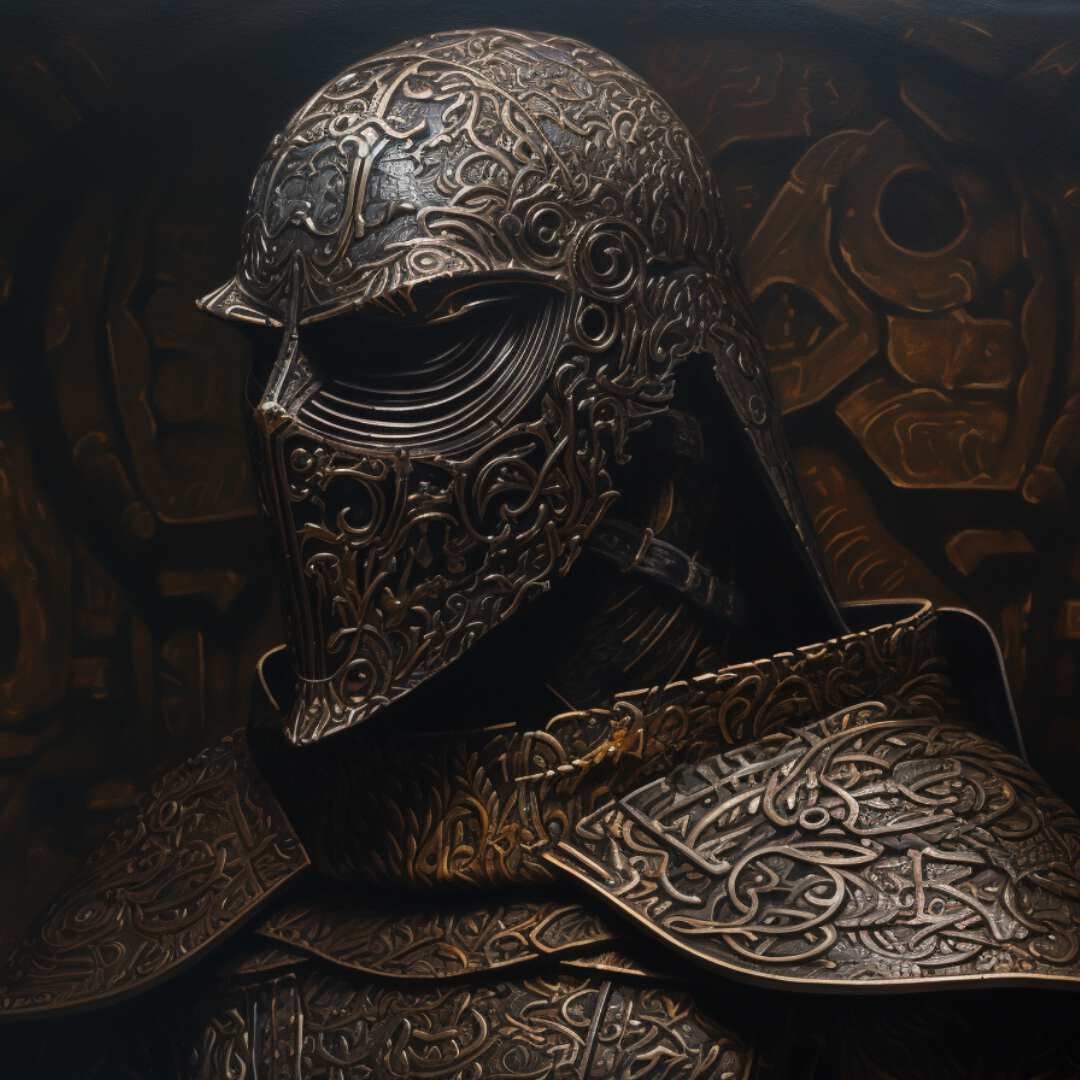16 Deep Private Life Quotes That Will Make You Go Private
Table of Contents Show
In private life, we are not mere spectators, but active participants. We are not mere observers, but creators. We are not mere inhabitants, but architects. We shape our private lives, and in turn, our private lives shape us. They shape our thoughts, our feelings, our actions, and our destinies.
This article, "Private Life Quotes," is an exploration into the depths of private life. It is a journey into the heart of solitude, a voyage into the depths of the self, and a pilgrimage to the sanctuary of the soul. Through the lens of sixteen profound quotes, The Invisible Man will delve into the intricacies of private life, unravel its mysteries, and uncover its secrets.
1. The Unseen Bonds
“Invisible threads are the strongest ties. ”
In the realm of human existence, Nietzsche, a philosopher of profound depth, posits that the unseen bonds are the most potent. These invisible threads, the silent agreements, the unspoken understandings, and the shared experiences that remain unarticulated, are the ties that bind us most strongly. They are the undercurrents of our relationships, the silent whispers of our interactions, and the unseen forces that shape our lives.
2. The Power of Invisibility
“I don’t know why people are so keen to put the details of their private life in public; they forget that invisibility is a superpower.”
Banksy, the enigmatic street artist, reminds us of the power of invisibility. In an age where the public display of private life has become a norm, he challenges this trend. Invisibility, he argues, is not a weakness but a superpower. It allows us to retain our individuality, our uniqueness, and our personal space. It is a shield that protects us from the prying eyes of the world, a sanctuary where we can be our true selves.
3. The Heart's Vision
“It is only with the heart that one can see rightly; what is essential is invisible to the eye. ”
Antoine de Saint-Exupéry, the author of the beloved novella 'The Little Prince,' tells us that the heart has a vision that the eye cannot perceive. The essential elements of life, the things that truly matter, are invisible to the naked eye. They can only be seen with the heart, felt with the soul, and understood with the mind.
4. The Reality of the Invisible
“The invisible world is the only reality. ”
Alfred North Whitehead, the renowned mathematician and philosopher, posits that the invisible world is the only reality. This invisible world is not a physical realm hidden from our sight, but rather the world of ideas, thoughts, emotions, and the inner workings of our minds. It is in this invisible world that the essence of our existence lies.
5. The Unexplained Country
“The invisible is only another unexplained country, a brave new world. ”
Angela Carter, the distinguished English novelist, presents the invisible as an unexplored territory, a brave new world waiting to be discovered. This unexplained country is not a physical land but a realm of possibilities, a domain of the unknown that holds the promise of discovery and understanding.
6. Invisibility as a Strategy
“Invisibility is not a condition; it is a strategy. ”
Paul Virilio, the French cultural theorist, views invisibility not as a state of being but as a strategy. It is a tactic used to navigate the complexities of life, a method of operation that allows us to move through the world unnoticed, unscathed, and unimpeded.
Yet people do not understand this simple wisdom, sharing their private life on social media without any hesitance, and without limits.
7. The Advantage of Invisibility
“Invisibility is the best advantage. But if forced to a confrontation, come out with all your skill.”
Sun Tzu, the ancient Chinese military strategist, extols the virtues of invisibility. He advises that invisibility is the best advantage one can have. However, if a confrontation is inevitable, one must face it with all their skill and might.
8. The Folly of Slander
“The only thing more frustrating than slanderers is those foolish enough to listen to them.”
Criss Jami, the contemporary American poet, points out the folly of slander and the greater folly of those who lend an ear to it. He reminds us that the private lives of individuals are their own sanctuaries, and those who intrude upon them with slander are committing a grave offense.
9. The Power of Solitude
“The more powerful and original a mind, the more it will incline towards the religion of solitude.”
Aldous Huxley, the celebrated English writer, speaks of the power of solitude. He suggests that a powerful and original mind is naturally inclined towards solitude. It is in solitude that such a mind finds the space to think, to create, and to explore the depths of its own potential.
10. The Strength in Solitude
“Solitude is strength; to depend on the presence of the crowd is weakness. The man who needs a mob to nerve him is much more alone than he imagines.”
Paul Brunton, the British philosopher and spiritualist, extols the strength found in solitude. He argues that dependence on the crowd is a sign of weakness, and the man who needs the mob to bolster his courage is more alone than he realizes.
11. The Art of Belonging to Oneself
“The greatest thing in the world is to know how to belong to oneself. ”
Michel de Montaigne, the French Renaissance philosopher, posits that the greatest achievement in life is to know how to belong to oneself. This is the art of being comfortable in one's own skin, of accepting oneself, and of finding contentment in one's own company.
12. The True Friend
“Silence is a true friend who never betrays. ”
Confucius, the ancient Chinese philosopher, presents silence as a true friend that never betrays. In the quietude of our private lives, silence is a companion that offers solace, understanding, and comfort. It is a friend that listens without judgment, comforts without words, and understands without explanations.
13. The Power of Quietude
“The quieter you become, the more you can hear. ”
Ram Dass, the American spiritual teacher, speaks of the power of quietude. He suggests that as we become quieter, our perception heightens, and we become more attuned to the world around us. In the silence of our private lives, we can hear the whispers of our hearts, the murmurs of our souls, and the echoes of our thoughts.
14. The Power of Ignorance
“The less people know, the more they believe. ”
Bono, the Irish musician and philanthropist, points out the power of ignorance. He suggests that the less people know, the more they are prone to believe. This belief is not based on knowledge or understanding, but on ignorance and assumptions. It is a reminder to seek knowledge, to question, and to understand, rather than to blindly believe.
15. The Slave to Surroundings
“The man who has no inner life is a slave to his surroundings. ”
Henri Frederic Amiel, the Swiss philosopher and poet, warns us of the dangers of neglecting our inner lives. He suggests that a man who has no inner life, no private sanctuary of thoughts, feelings, and self-reflection, becomes a slave to his surroundings. He is swayed by the whims of the world, influenced by the opinions of others, and lacks a firm grounding in his own self.
16. The Wealth of Contentment
“The greatest wealth is to live content with little. ”
Plato, the ancient Greek philosopher, presents contentment as the greatest wealth. He suggests that the richest person is not the one who has the most, but the one who needs the least. It is a reminder that the true wealth of our private lives lies not in material possessions, but in contentment, peace, and fulfillment.
Conclusion
As we draw the curtains on this exploration of private life, the Invisible Man hopes you are left with a deeper understanding of this enigmatic realm and a need to keeping your life private.
Through the wisdom of these sixteen profound quotes, we have glimpsed the power of invisibility, the strength of solitude, and the wealth of contentment. We have learned that private life is not a refuge from the world, but a world in itself, a world of infinite possibilities and uncharted landscapes.
















































